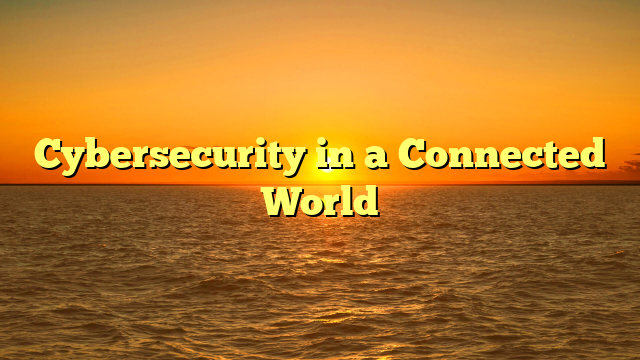The digital revolution has brought extraordinary convenience, but it has also created new risks. As more devices and systems connect to the internet, cybersecurity has become one of the most pressing issues of modern life. From personal data to national infrastructure, the stakes could not indo168 be higher.
Cyberattacks are growing in both frequency and sophistication. Hackers use ransomware to lock systems and demand payment, phishing emails to trick users into revealing sensitive information, and malware to infiltrate networks. High-profile breaches have exposed millions of personal records, causing financial losses and eroding public trust in digital platforms.
Businesses are prime targets. E-commerce platforms, banks, and healthcare organizations store vast amounts of personal data, making them attractive to cybercriminals. A single breach can cost companies millions in damages and reputational harm. As a result, cybersecurity has become not only a technical necessity but also a core part of business strategy.
Governments face even greater challenges. Cyber warfare has emerged as a new form of conflict, where states target each other’s infrastructure, from power grids to communication networks. Protecting national security in the digital age requires advanced defenses and international cooperation.
Individuals also bear responsibility. Weak passwords, unpatched software, and careless online behavior make users vulnerable. Simple measures such as enabling two-factor authentication, using secure connections, and regularly updating devices can significantly reduce risks.
Technology itself is evolving to combat these threats. Artificial intelligence helps detect suspicious activity, while blockchain technology provides secure ways of managing data. Yet, cybercriminals also adapt quickly, creating an ongoing battle between attackers and defenders.
The challenge extends to ethics and law. How much surveillance should governments employ in the name of cybersecurity? How should nations respond to state-sponsored attacks without escalating conflict? These questions highlight the need for global dialogue and frameworks.
In conclusion, cybersecurity is a defining challenge of the digital age. Protecting information, infrastructure, and trust in technology requires constant vigilance, innovation, and cooperation. As the world grows more connected, the importance of cybersecurity will only continue to rise.
